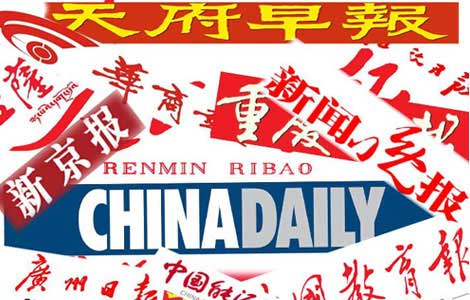 |
|
|
|
|||||||||||
Between October 2011 and January 2012, Industrial Bank and the Hurun Research Institute conducted 878 face-to-face interviews with the bank's private banking customers in 29 cities around China.
The average personal wealth of respondents was 49 million yuan. Annually, they spend 3 percent of their personal wealth.
Travel, daily luxuries and children's education have become the top consumption hotspots.
More than half of high net worth individuals expect their expenditure on travel to increase, with health and wellness and children's education close behind at 40 percent.
China's high net worth individuals are paying ever more attention to their health, with 73 percent choosing to have regular health checks and a further 10 percent already having a personal physician.
Children's education is the wealthy people's third-largest area of spending, with 85 percent saying they plan to send their children abroad to study.
Among ultra-high net worth individuals, the figure is 90 percent.
High net worth individuals are also showing interest in value-added services provided by private banking, with 60 percent of the respondents wanting their private bank to provide luxury travel advice, half wanting health-related services and more than one-third favoring services related to their children's education.
"Analyzing the consumption demand of the luxury consumer has practical significance to expanding domestic demand," said Zhang Chonggong, the bank's vice-president of retail banking and general manager of private banking.
Xu Xin, president of Deer Jet, a subsidiary of the Hainan Airlines Group, said he is very optimistic about the Chinese business aviation market due to the increasing number of rich people in China and their willingness to spend more on business jets.
Furthermore, almost half of the high net worth individuals intend to take part in training programs over the next three years.
More than one-third of high net worth individuals like to attend conferences and lectures, while almost 30 percent have taken part in executive MBA programs or further education classes for CEOs.
More than three-fourths of them feel that the biggest benefit they get from this sort of activity is in helping expand their social networks.
Having passed through the first phase where luxury goods are used as tools to confirm one's social status, the rich have now entered the stage of wealth preservation with a lower-key way of life.

|

|

|

|

|

|